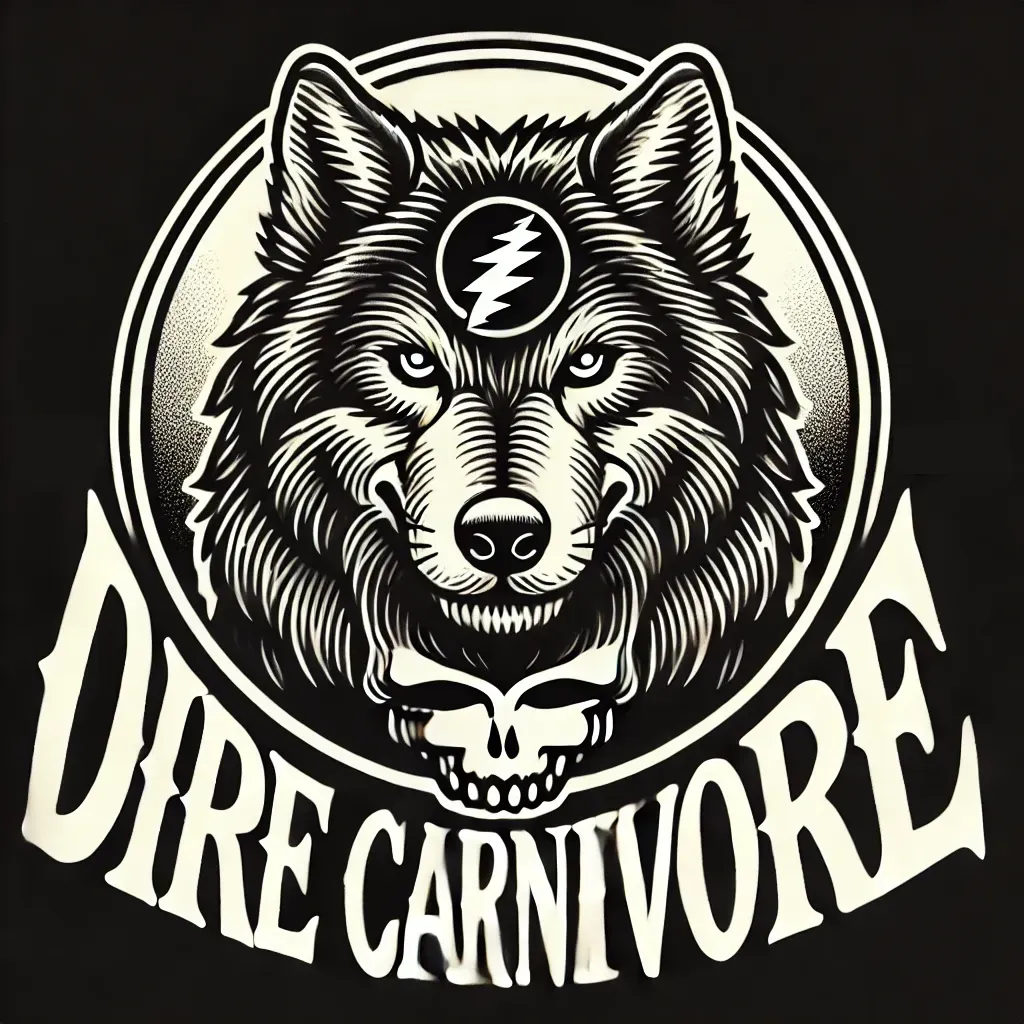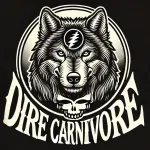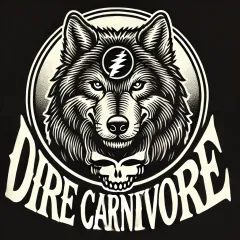Rooted in Strength, Longevity, Health, Harmony and Love
What if everything you’ve been told about health, nutrition, and well-being was only part of the truth? What if there was a way to reclaim your energy, sharpen your mind, and align your body with your spiritual purpose by breaking free from the norms that hold you back?
Welcome to Dire Carnivore. This website is not just a about the carnivore diet. It’s not just about eating meat. This is a lifestyle revolution that challenges the status quo and dares you to step into the strongest, clearest, most powerful version of yourself.
WHAT A LONG STRANGE TRIP IT'S BEEN
Your Carnivore Diet FAQs
-
Is the carnivore diet safe long-term?
Yes, the carnivore diet can be safe and sustainable long-term for many people. Historically, certain cultures, such as the Inuit and Maasai, have thrived on animal-based diets. The key to long-term success is consuming a variety of nutrient-dense animal products, including muscle meat, organ meats, and healthy animal fats. Regular health monitoring and listening to your body’s needs are essential to ensuring balance and well-being.
-
Won’t eating only meat cause nutrient deficiencies?
Surprisingly, no. Meat, especially when incorporating organ meats like liver, contains all essential vitamins and minerals the body needs, including B vitamins, iron, zinc, and fat-soluble vitamins A, D, E, and K. Many people on a carnivore diet actually experience improvements in their nutrient levels due to better absorption and bioavailability compared to plant-based foods, which can contain anti-nutrients that inhibit absorption.
-
What happens to digestion on the carnivore diet?
Many people experience an adjustment period when transitioning to carnivore, including changes in bowel movements. Since the diet eliminates fiber, stools become smaller and less frequent, which is normal and not a sign of constipation. Many report reduced bloating, improved gut health, and relief from digestive issues such as IBS, acid reflux, and leaky gut. Electrolyte balance and proper hydration help smooth the transition.
-
Will the carnivore diet raise cholesterol and increase heart disease risk?
While the carnivore diet may increase total cholesterol levels in some individuals, recent research suggests that higher cholesterol alone does not necessarily increase heart disease risk. Instead, factors like inflammation, insulin resistance, and triglyceride-to-HDL ratios are more telling markers. Many on a carnivore diet see improvements in metabolic health, lower inflammation, and stabilized blood sugar, all of which contribute to heart health. It's always best to work with a healthcare provider to track individual biomarkers.
-
Can I build muscle and perform well athletically on a carnivore diet?
Absolutely! The carnivore diet provides high-quality, bioavailable protein that supports muscle growth, recovery, and strength. Many athletes and bodybuilders thrive on this way of eating, reporting increased endurance, faster recovery, and reduced inflammation. Key factors include eating enough fat for energy, ensuring adequate protein intake, and fine-tuning electrolyte levels for optimal performance.


